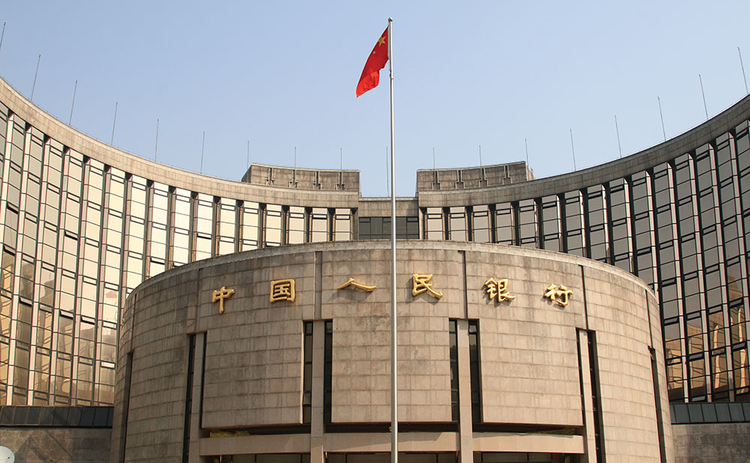China’s central bank, the People’s Bank of China (PBOC), is taking decisive steps to stimulate economic growth and strengthen its currency amidst persistent concerns over the growth outlook. The PBOC recently announced its plan to reduce the foreign currency reserves required for banks.
This strategic move follows closely on the heels of additional stimulus measures aimed at revitalizing the beleaguered property sector and expanding tax breaks for childcare, parental care, and education.
Efforts to Bolster Confidence
The objective behind these measures is to enhance confidence in China’s economy. Which has been grappling with challenges such as an ongoing housing crisis, declining global demand, and rising unemployment.
Unlike the all-encompassing stimulus approach utilized during the 2008 financial crisis. Authorities are employing targeted strategies this time to address the issues while being cautious about high debt levels.
Currency Reserves Adjustment
Effective from September 15, the PBOC’s directive requires financial institutions to hold only 4% of their foreign exchange deposits in reserve. Compared to the previous requirement of 6%.
This adjustment effectively injects more foreign currency into the local market, making the yuan more appealing for traders. In response, the offshore yuan demonstrated a positive uptick.
Mixed Market Reactions
China’s currency faced downward pressure against the dollar in August due to prevailing economic vulnerabilities. To counter this, the PBOC has proactively supported the currency through measures like establishing a stronger daily reference rate, encouraging state banks to sell dollars. And tightening offshore yuan liquidity.
Future Outlook
Recent economic indicators have shown encouraging signs, including unexpected expansion in China’s manufacturing activity. Efforts to stimulate the property sector involve granting major cities the flexibility to reduce down payments for homebuyers and encouraging lower mortgage rates. These endeavors aim to reinvigorate the housing market, a critical contributor to China’s economy.
Policy Momentum and Support
China’s policy initiatives are gaining momentum. With tax changes underway to increase deductions for child care, parental care, and education expenses. Analysts anticipate that these proactive steps will contribute to stabilizing the economy and providing support for China’s assets in the long run.
In a time of uncertainty, these efforts reflect China’s determination to foster growth and restore investor confidence.
